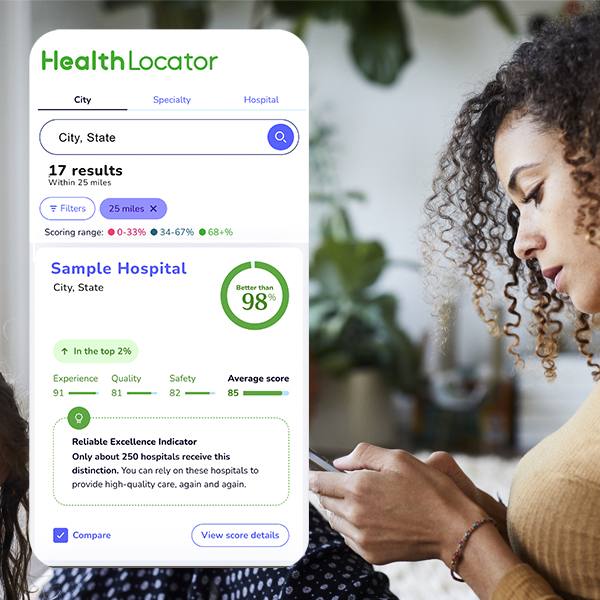
Urinary incontinence is a prevalent issue, with anywhere from 25-50 percent of women reporting an episode in the past year.
“Managing urinary conditions can be frustrating and time-consuming, but there are helpful tips and lifestyle changes that can reduce the burden this condition causes,” says Jenna Hoppenworth, a Mayo Clinic Health System nurse practitioner.
Hoppenworth shares these tips:
- Establish a fluid schedule.
Attempt to keep your fluid intake on a schedule to help retrain your bladder when to fill and when to empty. Also, limit fluid intake after 6 p.m. to reduce nighttime voiding and incontinence. - Stick to a toileting schedule.
Plan toileting attempts at least every two to three hours during the day. This helps prevent your bladder from becoming too full and causing overflow incontinence. - Perform pelvic floor exercises.
Strengthening the muscles of the pelvic floor can reduce urinary incontinence by as much as 90 percent. Kegel exercises can help. - Manage constipation.
Obstruction of stool is a common cause of incontinence and retention. Maintaining a healthy elimination pattern prevents stool from obstructing the stream of urine. - Keep a bladder diary.
Try to keep a bladder diary for a few days to a few weeks to identify triggers of incontinence and retention. Important components to the diary include time of day, amount of fluid intake, how many times you went to the bathroom, how many times you leaked urine throughout the day, if you felt an urge to urinate before leaking and what type of activity you were engaged in at the time. Remember to bring this with you to appointments with your health care provider. - Create a calming environment.
Managing urinary incontinence can be stressful and emotional at times. Creating a calm environment takes the stress off the situation so that you can focus on emptying your bladder.
“It’s important to have a conversation with your provider regarding prevention of urinary retention and incontinence,” says Hoppenworth. “There are medications that can cause urinary retention as well as many medications that can alleviate the symptoms and causes of urinary retention.”







